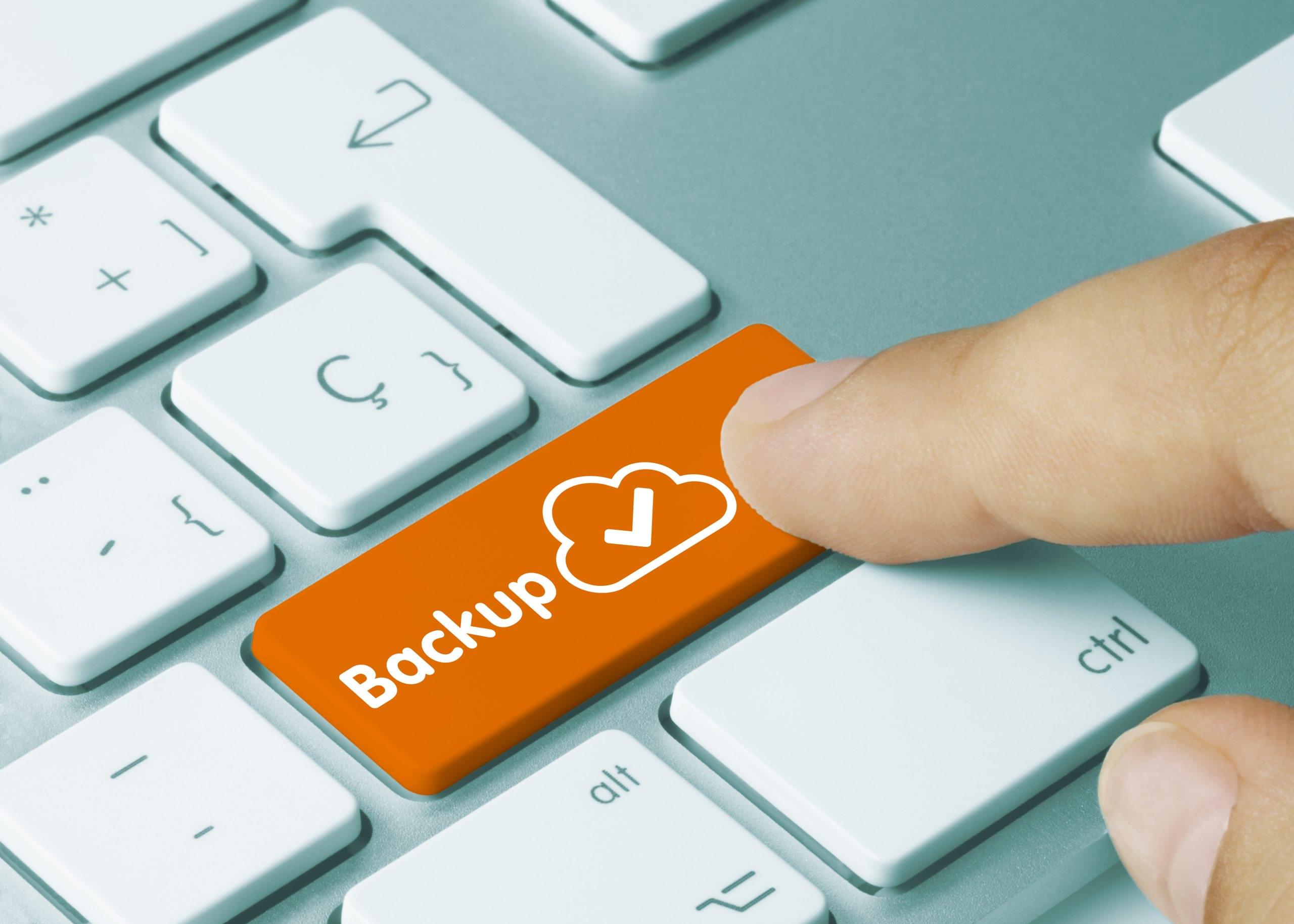Seamless Backup External Hard Drive To Cloud Disadvantages
Data backup is an essential component of modern life because it offers many benefits that can safeguard people and companies from potential disasters. Backup your data makes sure that crucial files are kept safe and accessible, whether you use physical or cloud storage. In this article, we'll go over the various benefits of data backup and why it should be a regular practice.
Preventing data loss:
Preventing data loss is one of the main advantages of routine data backups. Permanent data loss can result from unintentional deletion, hardware failure, malware attacks, or natural disasters. You can easily restore your files by regularly backing them up, lessening the effects of such events.
recovery of data
Backups offer a dependable method of recovery in the unfortunate event of data loss. You can simply restore lost data from your backup source rather than wasting time and effort trying to retrieve it. You can quickly get back on track by saving time and money in this way.
Enterprise-grade Remote Backup Reseller Security Assessment
Protection Against Hardware Error:
Storage devices like hard drives and solid-state drives are more likely to malfunction over time. Redundancy, which protects against hardware failures, is created by backing up your data. You can depend on your backup to guarantee data availability in the event that one device fails.
Malware attack security:
Cyber threats are a persistent worry in today's digital world. Your system may be compromised by ransomware, viruses, and other malicious software that can encrypt or delete your data. If you have backups, you can simply clean up your infected system and restore the files using a reliable backup source.

Moving to new devices with ease:
Backups are crucial when switching to a new device or moving data between systems. All of your files, settings, and preferences will be transferred without difficulty thanks to their seamless migration. As a result, it is no longer necessary to manually copy and move individual files, which saves time and lowers the possibility of data loss.
Cutting-edge Offsite Remote Backup Must-Haves
Enhanced Business Continuity
Data backup is essential for businesses in order to maintain operations without interruption. Having backups in place enables quick recovery and reduces downtime in the event of an It disaster or system failure. Productivity, customer satisfaction, and revenue streams are all maintained in this way.
Legal requirements must be met:
Data retention and privacy are subject to strict regulations in some sectors, including finance and healthcare. You can comply with these compliance requirements and stay out of any potential legal problems by regularly backing up your data.
Protection from Unintentional Deletion
We hop over to these guys all make mistakes, and it can be terrifying to unintentionally delete crucial files. However, if you have backups, it wo n't be difficult to recover deleted files. Backups serve as a safety net, preventing data loss over the long term from even human errors.
Robust Lan Backup Software Case Studies
Accessibility of data:
You can access your data from a variety of devices and places by keeping backups. Having backups makes sure that your files are always accessible, regardless of whether you're working remotely, traveling, or having technical issues.
Mental tranquility
It gives you peace of mind to know that your data is safely backed up. You can relax knowing that your crucial documents will be secure and recoverable in the event of an emergency.

Cost-reductions:
Backup solutions may have an initial cost, but over time they can result in financial savings. Recovery from data loss incidents can be costly, with costs like data retrieval, system rebuilding, and lost business opportunities. You can reduce these risks and overall costs by making backup investments.
Fast Offsite Data Archiving Solutions
Increasing Productivity
By avoiding the need to recreate or reclaim lost data, having a dependable backup system in place increases productivity. Work is made easier for employees by allowing them to quickly recover their files and get back to work.
Organization of data
Data backup frequently entails grouping and classifying files for simple retrieval. Better data management procedures are encouraged by this procedure, which makes it possible to organize files more effectively and clear up device clutter.
Key Takeaways or a related phrase
Secure Backup Solution For Applications For Large Enterprises
By regularly backing up your files, you can avoid data loss.
Backups offer a dependable method for recovering data.
- Use backups to guard against hardware failure and malware attacks.
- Use backups to quickly switch to new devices.
- Install backups to guarantee business continuity.
With data backups, you can comply with legal requirements and stay out of trouble.
- Restore backup files that were unintentionally deleted.
- Use backups to access your data from various locations and devices.
- Relax knowing that your information is safe and retrievable.
- Purchasing backups can help you save money over time.
- Reduce the need to recreate lost data and boost productivity.
- Use the backup process to efficiently organize your data.